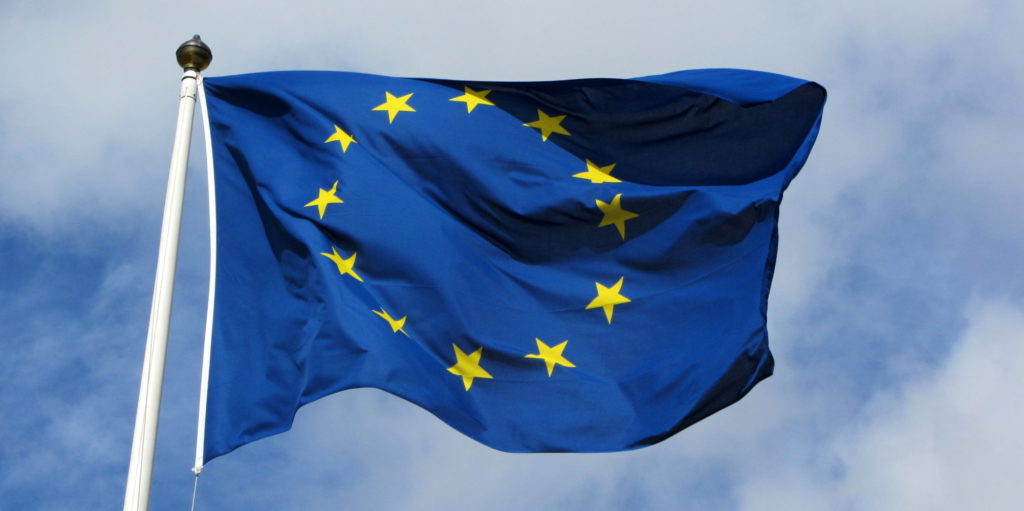The European Commission has adopted a new regulation in the course of its interim review of the minimum module price undertaking. The MIP will decline quarterly, according to a decision published on Saturday.
In the future, distinction will be made between mono and multicrystalline cells and modules. The MIP will begin to be reduced from October, having been frozen during the inspection period. According to data from the EU Official Journal, prices after October 1st 2017 will be €0.19/W for multi-Si cells and €0.23/W for mono-Si cells, while for solar modules the MIP will stand at €0.37/W for multi-Si and €0.42/W for mono-Si.
Gradual reductions to the MIP are then planned for the following quarters. It is expected to fall to between €0.18 (cell) and €0.35 (module) by the third quarter of 2018.
Concerns regarding Taiwanese prices, which are being examined by authorities after a complaint was issued by the Taiwanese manufacturers, were dismissed by the Commission. It will, however, keep an eye on the progress of the investigation by Taiwan’s Fair Trade Commission.
Popular content
At the same time, Brussels rejected complaints that reductions to the MIP were moving too slowly. The commission is assuming that, after massive price declines over the past three years, prices will not fall significantly below the level of Q1 2017 before September 2018.
The MIP is valid for all participating PV manufacturers. A number have been expelled for violations since the start of the undertaking, or chose to voluntarily withdraw from the agreement.
For a large number of Chinese PV manufacturers not participating in the undertaking, a minimum import price, coupled with a variable duty, will be applied in the future. Antidumping duties for Chinese PV producers outside of the undertaking currently stand between 27.3 and 64.9%. Anti-subsidy duties of 11.5% are added to this. Combined duties to be levied in future should not reach higher than 76.4%, says the publication.
This content is protected by copyright and may not be reused. If you want to cooperate with us and would like to reuse some of our content, please contact: editors@pv-magazine.com.



By submitting this form you agree to pv magazine using your data for the purposes of publishing your comment.
Your personal data will only be disclosed or otherwise transmitted to third parties for the purposes of spam filtering or if this is necessary for technical maintenance of the website. Any other transfer to third parties will not take place unless this is justified on the basis of applicable data protection regulations or if pv magazine is legally obliged to do so.
You may revoke this consent at any time with effect for the future, in which case your personal data will be deleted immediately. Otherwise, your data will be deleted if pv magazine has processed your request or the purpose of data storage is fulfilled.
Further information on data privacy can be found in our Data Protection Policy.